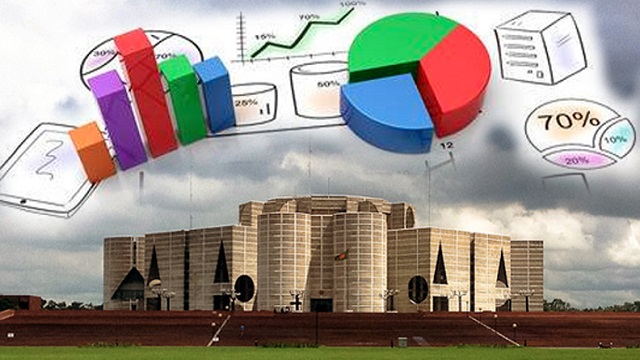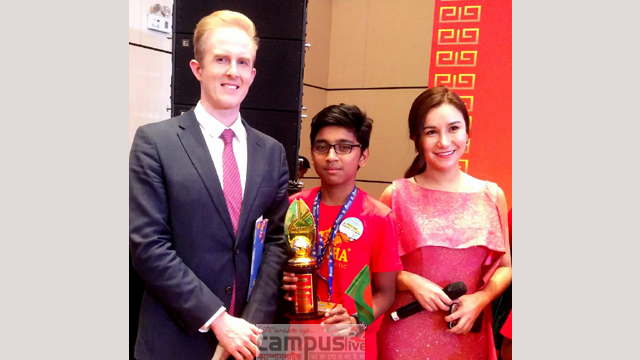Japanese universities become latest to restrict use of ChatGPT
Published:
2023-04-11 02:49:57 BdST
Update:
2024-05-02 07:13:00 BdST

Live Correspondent: Japanese universities are curtailing students’ use of the OpenAI chatbot ChatGPT amid concerns about information leaks from the use of the artificial intelligence tool, reports The Independent.
Tokyo’s Sophia University banned the use of the chatbot by students to write assignments such as essays, reports, and theses.
“The use of text, programme source code, calculation results generated by ChatGPT and other AI chatbots is not permitted on any assignments such as reaction papers, reports, essays and thesis, as they are not created by the student themselves,” the university noted in new guidelines published recently on its official website.
“If the use is confirmed by detection tools, etc, strict measures will be taken in accordance with the University’s Disciplinary Rules on Misconduct,” it added.
OpenAI released ChatGPT in November last year and the chatbot immediately gained prominence online with experts praising the AI tool’s ability to respond to user queries with human-like output.
The chatbot has demonstrated the ability to summarise research studies and answer logical questions and has also cracked business school and medical exams crucial for students to pass.
Citing some of these advances, several AI experts also have warned that there could be significant disruptions, especially in academia due to the breakthrough technology.
Others have also warned the AI’s nature to provide plausible-sounding but incorrect responses with glaring mistakes to some queries.
In areas where the AI does not have sufficient knowledge, experts have flagged that it may confidently provide incorrect answers that may mislead people, adding that its use may also result in copyright infringement.
Holden Thorp, editor-in-chief of Science journals, had warned earlier this year that text generated by “ChatGPT (or any other AI tools) cannot be used in the work submitted to the outlets, adding that violation of the new policies may constitute “scientific misconduct” in the same league as plagiarism.
The University of Tokyo also published a new document on its internal website with updated guidelines on the use of AI chatbots which noted that “reports must be created by students themselves and cannot be created solely with the help of AI.”
In a set of instructions for teachers, Tohoku University noted that while it is “not realistic” to completely eliminate the use of tools like ChatGPT, “especially after class hours,” there can be major problems for students’ own learning if they use generative AI for compiling reports that may lead to “strict grade evaluation.”
“Assuming that many students will use it, we will take measures as necessary,” the university noted.
The university also warned its teachers that while using generation AI tools for assessing and translating unpublished research results, the data can be unintentionally leaked to the service provider, “partially or completely”.
“By using input to generation AI and translation sites as learning data, it is presented as an answer to other users, and there is also a concern that information will be leaked. Please be very careful,” Tohoku University said, adding that a similar scenario may play out for other confidential information.
“There is a risk that information that should not be leaked to the outside, such as information about the entrance examination and personal information of students and faculty members, will be transmitted to service providers through generation AI, etc, and there is a risk that it will be presented as an answer to other users,” it said.
The university also advised faculty to check “how AI will respond before assigning exercises and reports” to students.
Italy previously banned the use of ChatGPT last month with data protection authorities saying the AI service would be investigated over privacy concerns.
Authorities said the AI system does not have a proper legal basis to collect personal information about the people using it.
Last week Germany also said it is considering a ban of ChatGPT due to privacy concerns.
Other data regulators across Europe, including watchdogs in France and Ireland, are also reportedly in conversation with Italian authorities to understand the basis for their ban.
Topic:










Share Your Valuable Comments: